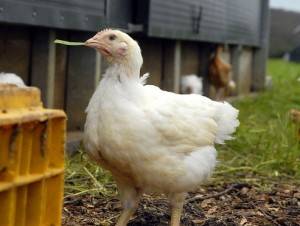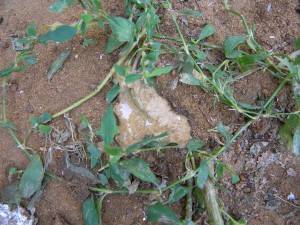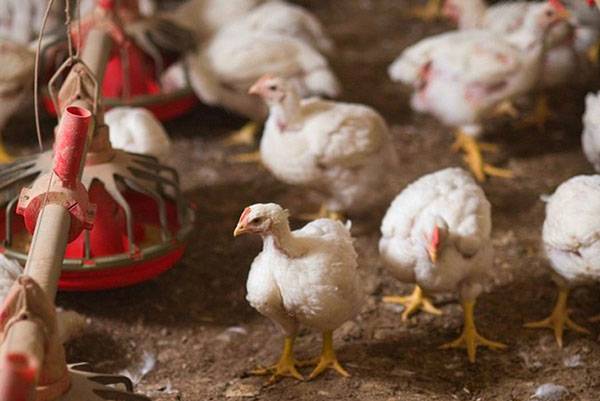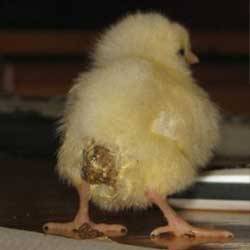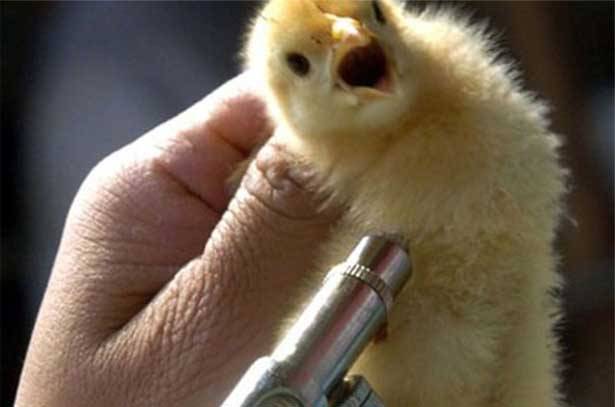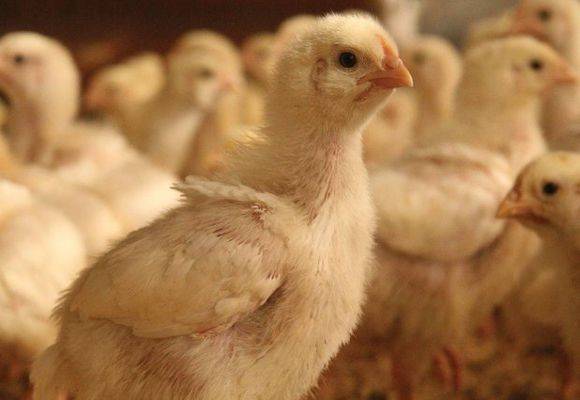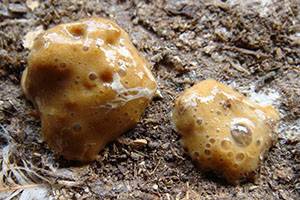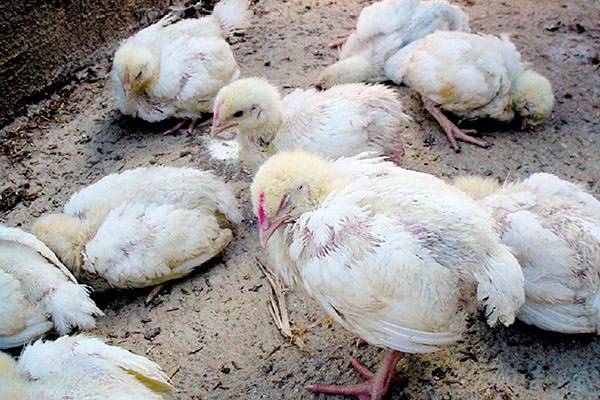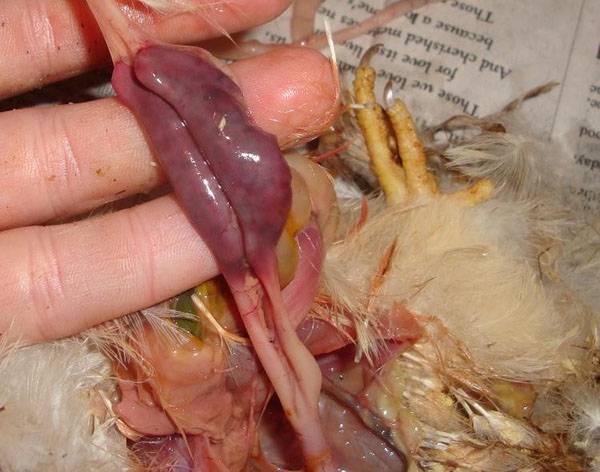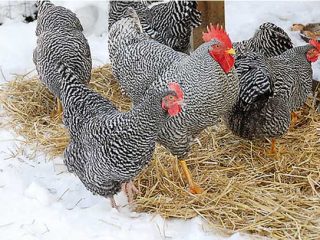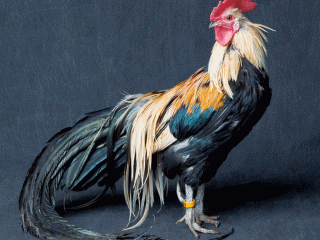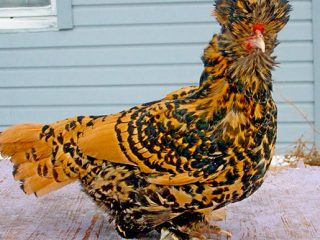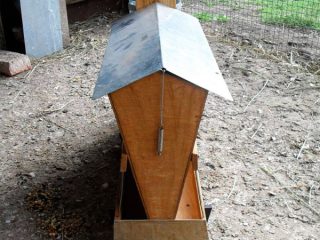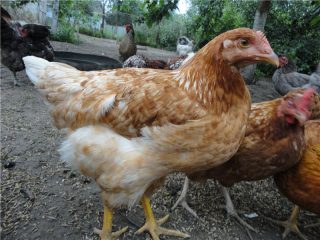Content
Today, many farmsteads breed poultry, including broilers. As a rule, they buy small chickens, which still have weak immunity, so they often get sick. Owners need to know how to help them in a difficult situation.
One of the most common problems is diarrhea. Moreover, the color of feces can be different, therefore, the cause of the occurrence is not the same. So you need to know how diarrhea is treated in chickens broilers in a specific case. We will try to tell you about the features of diarrhea and the principles of caring for young animals.
Causes of diarrhea in broilers
Diarrhea in broiler chickens is quite common. The cause of its occurrence may be non-infectious, as well as a consequence of some kind of infection. Regardless of the nature of diarrhea, it needs to be diagnosed as soon as possible and treatment should be started in a timely manner. Do not delay, as the disease, if it is caused by an infection, spreads quickly and can destroy the entire flock.
So, if you see liquid faeces in broiler chickens, find out what caused it. The reason could be:
- in poor quality feed;
- in infection.
Other causes of diarrhea
In addition to poor quality food or infection, diarrhea can be caused by other factors. One has only to correct the situation, as the diarrhea goes away by itself:
- changing dry food to a wet mash;
- the stressful state of the bird after a fright or a nervous breakdown;
- colds or hypothermia due to drafts;
- smoking in the poultry house also has a detrimental effect on the condition of the intestines;
- ingestion of poisonous plants into the feed causes intoxication, and, as a result, diarrhea in broiler chickens;
- feeding from copper or galvanized dishes;
- unsanitary conditions in the chicken coop.
As you can see, the list of non-infectious causes of diarrhea in broiler chickens is rather big. If the above reasons are eliminated, then a healthy bird population can be raised.
Symptoms
In many cases, the cause of diarrhea can be recognized by the color of the feces and by the following symptoms:
- lethargy and apathy;
- stool turns white, green, or brown, sometimes clotted with mucus and blood;
- broilers lower their wings, feathers become untidy;
- most of the time they sit motionless due to swelling of the legs;
- sometimes the body temperature rises in chickens;
- the cloaca sometimes even swells, and the place around it is constantly wet,
Any diarrhea causes weakness in chickens, they stop drinking and eating, resulting in dehydration, intoxication, and, as a result, death.
Determining the cause of diarrhea in broiler chickens is not easy even for experienced poultry farmers, so at the first signs and symptoms you need to contact your veterinarian.
Actions before the arrival of a specialist
Unfortunately, the reality is that the veterinary service in Russia is not doing very well. Moreover, not every settlement has a veterinary clinic. Therefore, it is not always possible to wait for an ambulance from a specialist. It's good if she arrives the next day. But you can't tell broiler chickens about this, you can't make them wait. You have to provide first aid yourself.
What should the owner of sick poultry do at the first signs of diarrhea in chickens:
- First, regardless of the nature and color of the diarrhea, suspicious chicks are transferred to another room.
- Secondly, disinfect the feeders and drinkers, fill them with clean food and water.All juicy and moist feed should be excluded from the diet and only grain should be given.
- Thirdly, disinfection must also be carried out in the hen house, where sick birds have been identified.
Well, of course, you need to watch the chickens to determine the color of diarrhea, because it is he who can tell the cause of the disease and methods of treatment.
While the veterinarian examines chicken droppings for infection, preventive measures need to be taken:
- Give the chickens a solution of potassium permanganate or add an absorbent to the drink - activated carbon.
- Add chalk, gravel, shells to the feeders.
- Feed with fermented milk products, drink probiotics.
- Prepare wet food with rice water.
- As a prophylaxis for helminths, pierce special preparations.
Comment! Infectious diseases associated with diarrhea in chickens and adult chickens are dangerous not only for birds, but also for humans: you need to work in special clothes, which are removed when leaving the chicken coop.
If the chicks cannot be cured and the number of sick poultry is increasing, it is best to destroy the flock, disinfect and burn the house. To acquire new chickens after some time.
Recognizing the disease by the color of diarrhea
By the color of the stool, you can determine the type of infection in broiler chickens and then decide how to treat:
- Green, brown and white diarrhea can be with avian typhus, pulloresis. If the disease is not recognized and the chickens are not given the necessary medications, then they can die within a week.
- Yellow diarrhea can be provoked by worms.
- With pasteurellosis - avian cholera, the stool is green with small blood clots.
- Brown-colored feces with bloody blotches can cause coccidiosis.
- Foamy diarrhea is observed with salmonellosis.
White diarrhea and its treatment
White-colored droppings in chickens and chickens are most likely indicative of a salmonella infection in the chick. The carrier of the infection is adult chickens, which infect the young.
In addition to diarrhea, evidence of disease in chickens is:
- behavior unusual for chickens - slowness of movement, motionless image;
- difficulty breathing, because of this, the beak is always open;
- slow growth.
Treating whitish diarrhea in broilers on poultry farms is an unprofitable activity, because everything about everything takes at least 21 days. In private farmsteads, to fight the disease, chickens and chickens are given sulfa drugs. Healthy and sick birds are kept separately and closely monitored for their condition.
If the diarrhea is brown
Stool that is brown or dark brown is not always evidence of infection. Sometimes diarrhea can be caused by poor quality feed. But one should not rely on this, because the brown color of the feces can be a signal to a serious disease of broiler chickens with coccidiosis. This is a disease of the warm season, and infection occurs through dirty litter and dishes.
Diarrhea is accompanied by the following symptoms:
- slowness of movement, most often the chickens sit motionless, ruffled;
- the wings fall, and the plumage becomes untidy;
- chickens eat poorly or refuse food altogether, but they drink water constantly;
- the scallop and beard turn pale due to anemia and dehydration;
- mucus or bloody clots may appear in the stool;
- chicks have a fever from diarrhea.
The appearance of blood is a dangerous symptom, indicating that the intestinal mucosa is beginning to collapse, you need to start active treatment.
If brown diarrhea is not accompanied by the above symptoms, then the appearance blood in feces is not associated with an infection, but a consequence of trauma to the cloaca, intestines, or the reason is improper feeding.
Treatment
It is necessary to treat sick broiler chickens from coccidiosis immediately, because the disease develops rapidly, death occurs after 5 days. To make sure of the disease, the dead birds are dissected.
If broiler chickens have brown, white, or yellow diarrhea, antibiotics are the most common treatment.
So from coccidiosis used:
- Coccyprodin;
- Avatek 15% SS. It is given as a preventive measure from 0 to 4 months. Brown diarrhea in chickens is also treated with the same remedy;
- Baycox;
- Koktsidiovitis;
- Madicox.
- Amprolium 30%;
- Metronidazole;
- Trichopolus.
These drugs are prescribed by a veterinarian, he also explains the method of application. Any medicine must be strictly dosed. It is unacceptable to treat with the same medicine for a long time, since chickens quickly get used to it. For a greater effect, the drugs must be alternated.
We raise healthy chickens:
Conclusion
Breeding broilers at home is a profitable activity. You can provide your family with healthy meat and eggs (although broilers do not differ in egg production). After all, feeding is carried out with natural feed without any chemical additives. But you can get healthy chickens and cockerels if you follow sanitary standards and buy high-quality feed.
